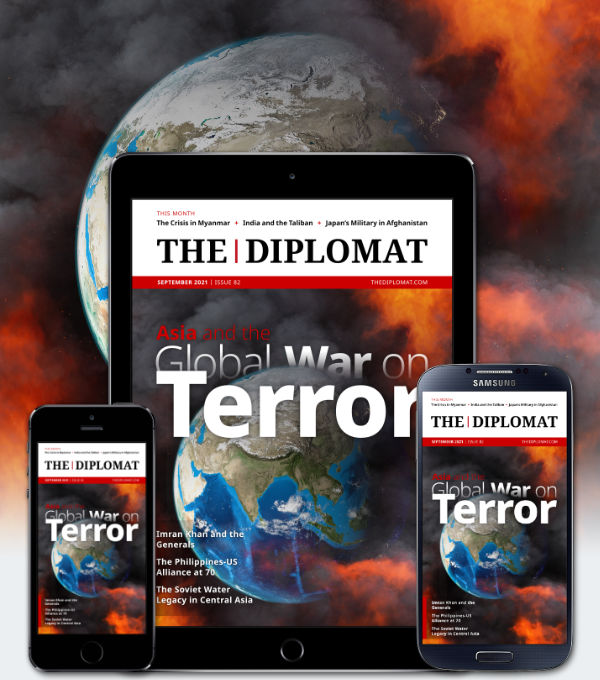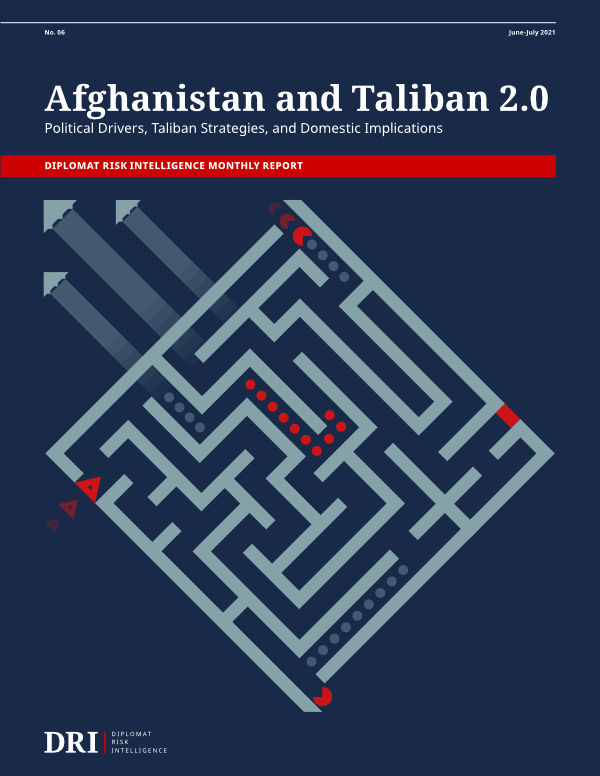| Welcome to the latest issue of Diplomat Brief. This week our top story looks at the issue of forced labor – and particularly debt bondage – in Malaysia’s world-leading glove industry, following breakthrough pledges by firms to repay workers’ recruitment fees. We also have an interview with John Arquilla, author of “Bitskrieg: The New Challenge of Cyberwarfare” and originator of the term “cyberwar,” on the nexus between cyber and great power conflict. |
| Story of the week |  | ECONOMY Is Malaysia’s Forced Labor Problem Getting Better?What Happened: For years, debt bondage risks have been rampant in Malaysia’s glove industry, the world’s biggest, due to exorbitant recruitment costs for its migrant workforce. Now, the industry is weeding out that risk by repaying recruitment fees to its employees. Within a year, tens of thousands of glove workers received tens of millions of dollars – something that workers and advocates would have thought impossible just a year ago. The biggest factor? U.S. import bans driven by forced labor concerns. Our Focus: “Many companies prohibit forced labor in CSR [corporate social responsibility] policies, but it continues to flourish in global supply chains with no sanctions or consequences for companies,” the U.N. Special Rapporteur on contemporary forms of slavery, Tomoya Obokata, told The Diplomat. “Foreigners coming to Malaysia for work are less vulnerable in coercive situations if they didn’t become indebted for obtaining their job and a visa. However, it is important to pay attention to migrant workers’ multiple risks of falling into debt bondage or forced labor, so all aspects of their labor conditions must be assessed.” What Comes Next: Malaysia’s biggest glove producers responded to the U.S. import ban, taking huge strides toward weeding out the practice of charging migrant workers exorbitant recruitment fees. But labor issues in the glove industry aren’t solved yet. Interviewed workers report a new source of debt in the form of “incomprehensible fines,” often related to draconian COVID-19 policies. In an environment when workers are pressured not to complain or organize, the risk of labor abuses remains high. Read this story |
| Behind the News | INTERVIEW John ArquillaJohn Arquilla, distinguished professor of defense analysis at the United States Naval Postgraduate School, on the potential for cyber arms control: “President Biden has rekindled the idea of exploring cyber arms control with President Putin. And I believe that President Xi, who discussed this idea with President Obama in 2015, can be brought on board as well. If the Big Three come to a behavior-based cyber arms control agreement, many other nations will fall in line as well.” Read the interview |
| This Week in Asia | Northeast Asia The Fallout From North Korea’s Cruise Missile TestNorth Korea’s state news agency announced the successful test launch of a long-range cruise missile over the weekend, just days after Pyongyang wrapped up yet another midnight military parade. Now it’s up to the U.S. and North Korea’s neighbors to respond, all while trying to find a way back to dialogue. Find out more | South Asia World Pledges $1.2 Billion in Aid to AfghanistanIn the wake of the Taliban takeover, Afghanistan is facing a major economic crisis, as well as a food crisis exacerbated by droughts. This week, the international community pledged over $1 billion in aid at a U.N.-hosted meeting in Geneva. U.N. organizations now have to figure out how best to distribute aid to desperate Afghans without enriching the Taliban – or putting the safety of aid workers in jeopardy. Find out more | Southeast Asia China-U.S. Deal Defers U.N. Decision on MyanmarThis week, representatives of the 193 U.N. member states will converge on New York for the annual General Assembly. There was widespread expectation that the session would resolve the question of who represents Myanmar at the world body: the military junta or the government that it overthrew in February. However, a recent report suggests that the U.S. and China have brokered a deal that will defer a decision for several months, allowing current Ambassador Kyaw Moe Tun, who has pledged support for the anti-coup resistance, to remain in the post until at least November. Find out more | Central Asia Afghan Pilots Leave Uzbekistan. What About Tajikistan?Remnants of the Afghan Air Force and Special Mission Wing fled Afghanistan in mid-August as the government collapsed. Flying to Central Asia with their crews and families in tow, they've been in difficult limbo since. With Uzbekistan under pressure from the Taliban (and Russia), those who flew to Termez have been transferred out of the region. An additional group who landed in Tajikistan are still awaiting extraction. Find out more |
|  |





